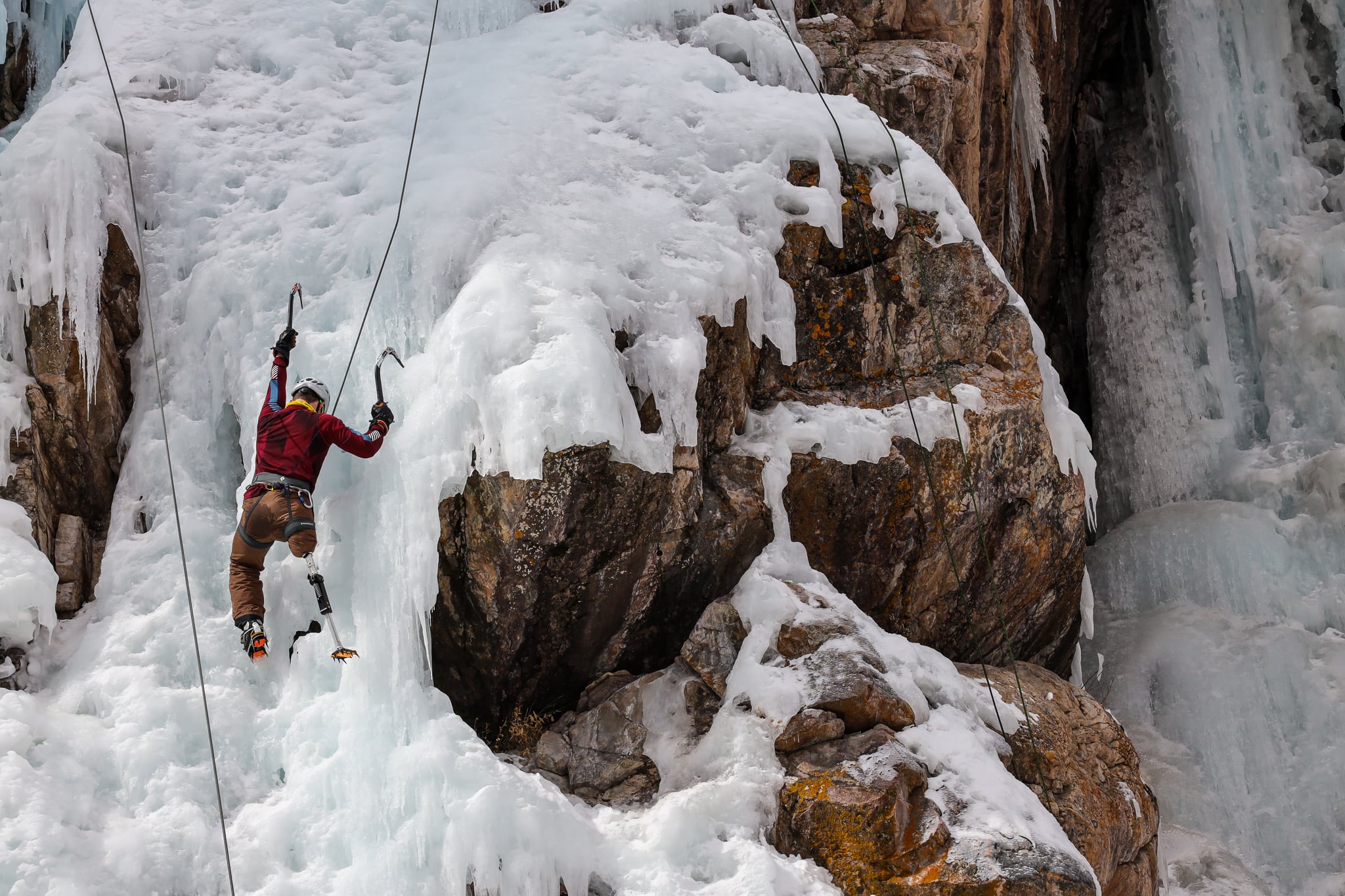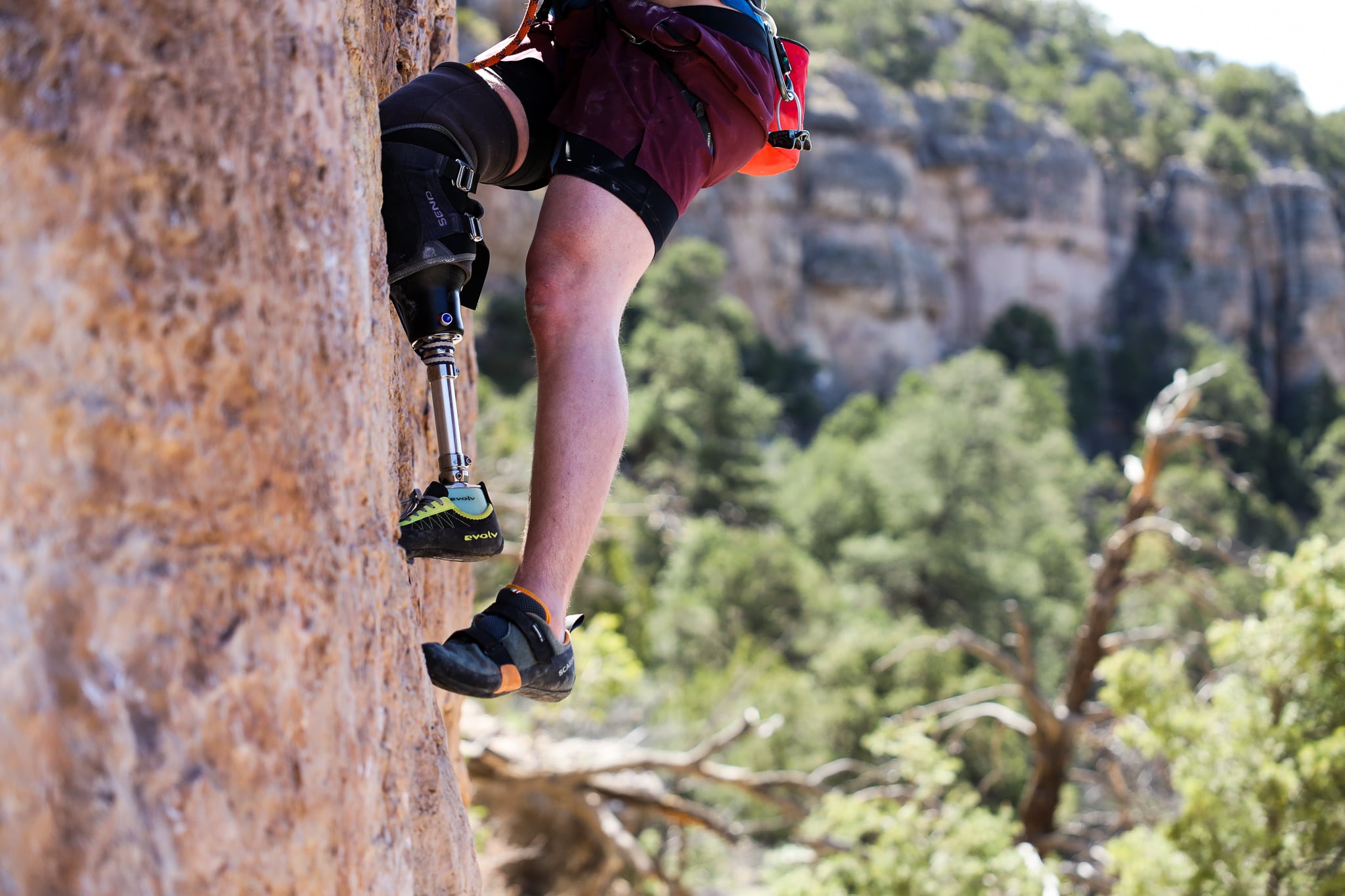Adaptive sports have proven to be a catalyst for establishing community among veterans with service-connected disabilities. Such activities, especially those conducted in outdoor spaces, offer mental and physical health benefits that can yield drastic improvements to a veteran’s quality of life.
So pronounced are the perks of outdoors immersion that many doctors in Canada have even gone as far as prescribing passes for Parks Canada — the equivalent of U.S. National Parks — alongside select medical treatments. And in the U.S., medical professionals like Dr. Nooshin Razani of University of California San Francisco Benioff Children’s Hospital have gone as far as monitoring “time spent outside nearly as much as ... patients’ pulse, weight, and blood pressure,” Razani said in a PBS News Hour report.
“If you take an urban adult into a forest, within 15 minutes, you see improvements in cortisol, blood pressure, [and] heart rate,” Razani added. “But more convincing to me is the fact that people who live in green areas live longer.”
One adaptive-focused nonprofit spearheading such outdoors wellness initiatives is Paradox Sports, a Boulder, Colorado-based climbing operation that offers adaptive rock and ice climbing experiences among some of our nation’s most picturesque destinations.
Co-founded by retired Army Maj. Dennis “DJ” Skelton, Paradox Sports ushers adaptive athletes through climbing and mountaineering courses before embarking on multi-day adventures that defy the notion that disabilities are preventative of leading an intrepid life.
“Climbing has this almost transformative power, where it’s you and this obstacle,” Jen Nam, Army veteran and Paradox Sports board member, said at the Las Vegas-based MCON convention on military and veteran culture. “Everyone has different challenges, but there is sort of this internal process that happens where you’re just testing and risk-taking and figuring out, ‘How do I get myself up this with the abilities that I have?’ Witnessing that power, that focus, and that accomplishment is just so powerful.”

To date, Paradox Sports has administered 120 adaptive climbing courses, and taken climbers of all skill levels on 70 trips spread across 30 states. For veterans, these outings offer a platform to reengage with a brand of camaraderie unique to military service.
And while Paradox Sports expeditions are geared toward all adaptive athletes — not just prior military — the nonprofit is currently putting together a veteran-specific trip, scheduled for next August, that will guide a group of vets, free of charge, to the highest summit in one of the nation’s most beautiful mountain ranges: Wyoming’s Grand Tetons.
“It’ll be a pretty gnarly several days, where folks will have the opportunity to do some training, skill learning, connect with one another, and then summit Grand Teton,” Nam said, referencing the range’s 13,775-foot main summit.
“It’s just an incredible space for us to share stories and build friendships. … There is sort of this transcendence of conquering this major mountain, but then doing it alongside your brothers and sisters who have a similar history to you — it’s a really powerful experience.”
Learn more about Paradox Sports and the nonprofit’s adaptive athlete initiatives here, see how you can get involved, and be sure to check out the details surrounding the Grand Teton adventure.
Jon Simkins is the executive editor for Military Times and Defense News, and a Marine Corps veteran of the Iraq War.





